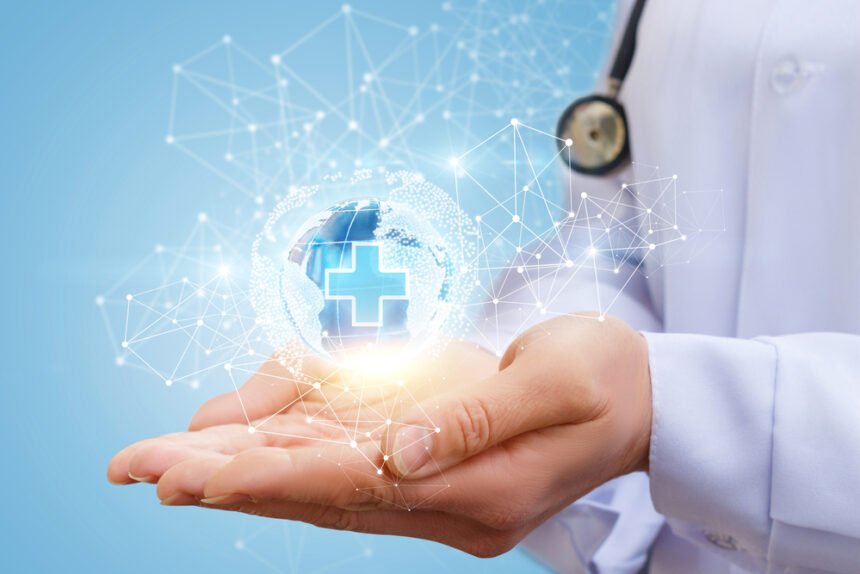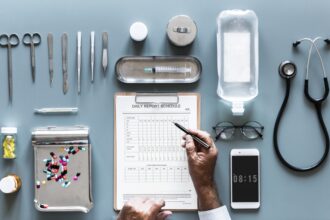Technology is rapidly dominating many aspects of healthcare. We’ve seen it from the proliferation of robotics in surgery, the popularity of telemedicine for outpatient care, and digital assistants for geriatric care. In emergency medical care, technology has become necessary to address the growing challenges of urgent care, especially now that the healthcare industry is still reeling from the coronavirus crisis.
How Does Technology Play a Role in Emergency Care?
For the urgent care sector, technology helps patients and doctors bridge the gap between connecting and informing stakeholders that ultimately save the lives of patients. Disasters can be a stressful situation, which is why technology plays a crucial role in restoring connectivity and allowing for clear communications and swift responses in affected areas.
If you have an area with a sudden explosion, drone technology can aid paramedics in finding trapped individuals. They are also useful for navigating traffic, which can lessen collateral damage, particularly when an emergency responder has to provide immediate care to victims. This way, an individual may never have to worry about dealing with a pedestrian accident attorney should they unintentionally hit someone while on a rescue mission.
Technology also helps rebuild communities through anticipation and control of possible accidents, infections, and other events that may cause health issues.
What Are the Available Technologies for Emergency Medical Care?
Here are some of the technologies that can address emergency care issues:
Drones
Drones with built-in cameras have become vital to emergency care providers by providing aerial views of the emergency scene. With these drones, an ambulance driver can see where they should bring the emergency responders. Drones can also provide a real-time view of the road to check traffic, enabling responders to navigate through areas without obstruction.
A potential future application of these drones would be scanning damaged infrastructure to see whether it would be safe for the paramedics to enter and look for survivors. Some drones can also deliver defibrillation for heart attack patients.
Smart Ambulance
The smart ambulance system is slowly changing the way healthcare officials are providing urgent care. One of the most crucial challenges that paramedics have to deal with is time. Delays in the travel time to and from the hospital can adversely affect the patient’s mortality rate, and addressing this has become one of the main goals for physicians and other stakeholders. But, all that would change thanks to the development of smart ambulances. Powered with the technology of the Internet of Things (IoT) and big data, it has become easier to address this concern.
Internet of Things
Doctors can now easily use IoT to access the patient database with little to no wait time. Paramedics can easily send patient information to the hospital while they are in transit, so the receiving doctors in the emergency department can adequately prepare. While proper face-to-face endorsement is still necessary, it becomes much more efficient in regards to communication. IoT can help doctors anticipate and address potential issues that may arise, given the patient’s situation.
Big Data
The healthcare industry thrives on data. Healthcare delivery can be significantly impacted when data is processed with orderliness and thoroughness. Aside from the rapid delivery of data, there is also the assurance of accuracy.
RFID Technology
Aside from providing urgent care to patients, paramedics also have to deal with supplies inventory. Thankfully, smart ambulances come equipped with intelligent assistants that help create an automated list of all the consumables and equipment onboard. Aside from inventory supply, radio-frequency identification (RFID) technology can also provide real-time details on the expiration date of medications, including proper maintenance and administration intervals. Indirectly, these cases help medics extend care without delay, thereby decreasing mortality rate.
Artificial Intelligence
Aside from drones with built-in cameras, artificial intelligence (AI) is also useful in navigating the roads during an emergency. With AI, drivers can remotely control traffic lights whenever they need to pass through a busy intersection. Traffic light management systems like the one used in Life First Emergency Traffic Control (LiFE), paramedics can alter traffic in real-time, helping them decide when it is safe for their vehicles to pass through.
Emergency medical care will continue to face challenges. While we are slowly progressing towards addressing many of them, we can’t deny that many of the solutions are technology-based. The healthcare industry has been rather slow in embracing such advancements, primarily due to data privacy and accuracy, but adaptation can be stimulated whenever situations call for it. In emergency medical care, these emerging technologies are already producing positive results.










